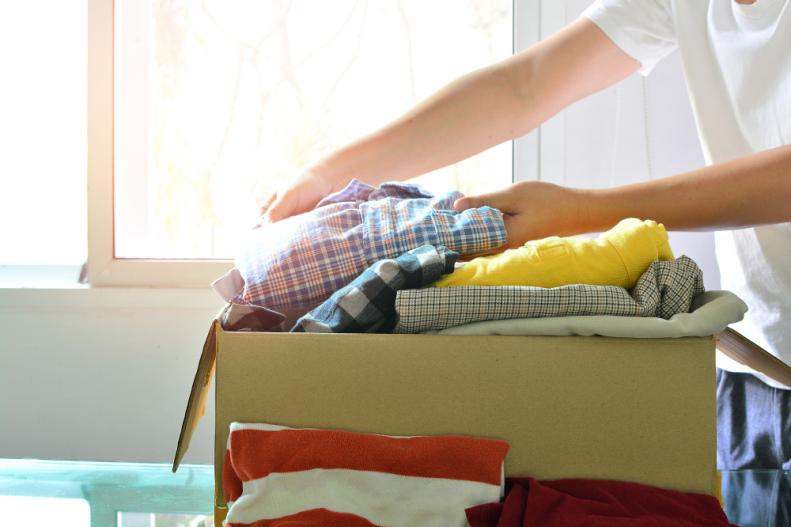Physical Clutter Can Change the Way We Think and Feel
As wildly successful organizational gurus demonstrate, the way we feel about our homes is a big deal (and big business). In a survey conducted this June by home warranty provider Cinch Home Services, 70.3% of respondents reported going on a cleaning spree since the beginning of the pandemic, and 62.6% said they were now “very or extremely” committed to keeping their living spaces clean. That said, 45.9% said they still felt embarrassed by the current cleanliness of those spaces. And that feels lousy.
The good news? When you can put a dent in your home’s disorder, you’ll change both it and your mental landscape. Decluttering deserves a priority slot on your to-do list because it removes roadblocks to doing everything else — and we’ve got the science to prove it. Here are 10 ways clutter can steal your thunder (and 10 ways you can expect to get it back).

.-Battle-on-the-Beach-courtesy-of-HGTV.-.jpg.rend.hgtvcom.196.196.suffix/1714761529029.jpeg)







